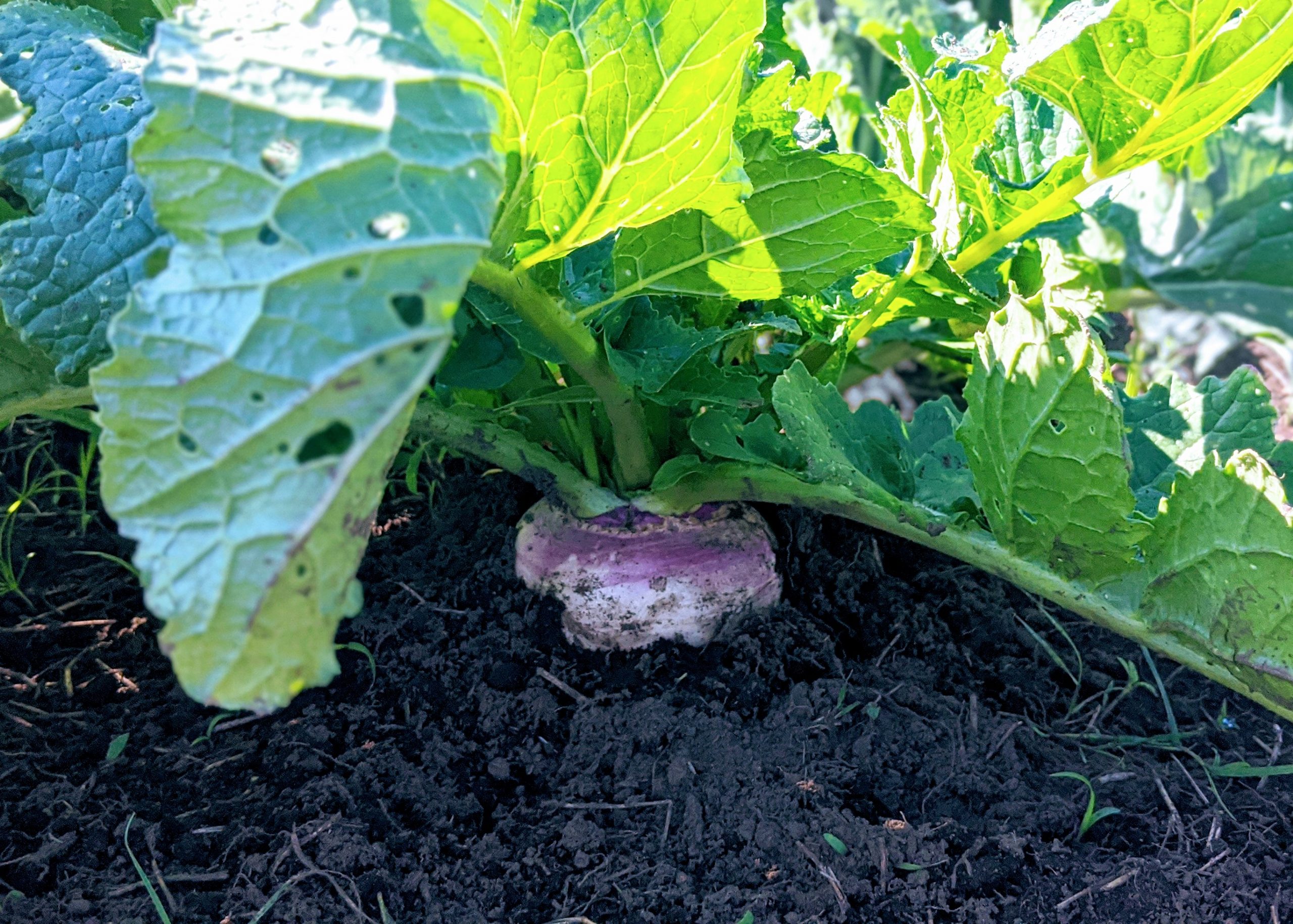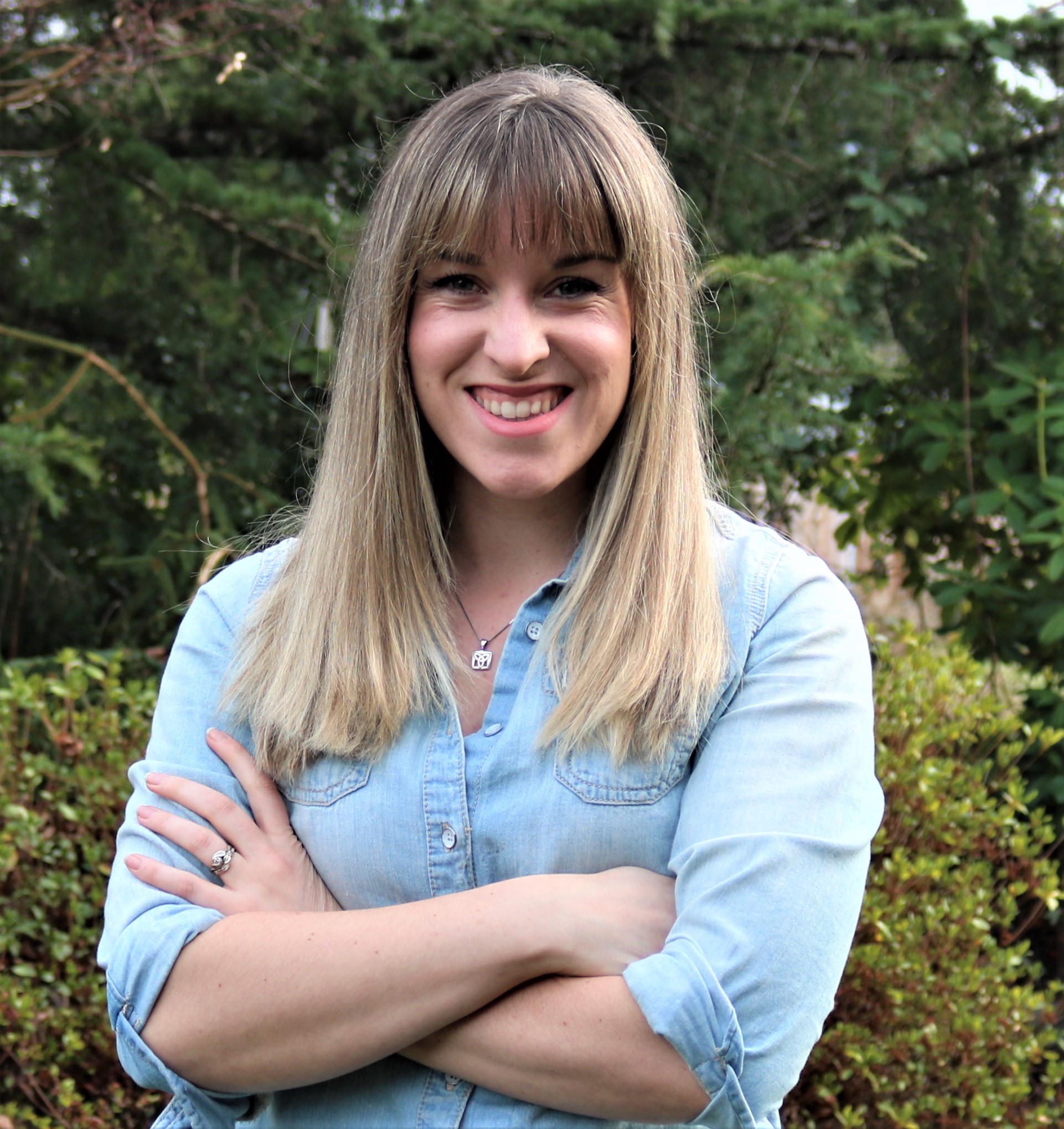How Much to Plant in Your Vegetable Garden
Each year, my goal is to grow enough produce for my family to eat all year. Each year, I get closer to this goal. It is a bit of a trial-and-error process each year to answer the age-old question: how much should I plant in my vegetable garden? In this vlog I’ll walk you through my process of assessing what’s left from our preserved home-canned and frozen foods to decide how much I should plant in this year’s garden.
Some plants have a more direct correlation of seed-to-food ratio, like beets, carrots, and cauliflower where each seed produces a single unit of produce. Others produce many units of produce per plant, such as squash, zucchini, cucumbers, or green beans. Healthier plants, of course, produce more while less healthy plans produce less. Because of these varying factors you will find there is no magic answer to knowing how much of each plant to put in your garden, it takes this sort of year-by-year assessment and adjustment to get as close as possible.
If you don’t succeed on your first try – welcome to the club! I’ve been gardening for years and have yet to hit that nail perfectly on its head, but each year it gets a little easier and I get a little closer and I’m happy with that! We’ve greatly reduced our reliance on the grocery store and a few years in (with some seed-saving knowledge) we have also decreased our grocery budget by quite a bit. Here are a few tips to help you succeed:
Plant What You’ll Eat
Every gardener does it – inevitably you will end up planting too much of something your family won’t eat. I’ve got a freezer full of turnips from 3 years ago that we are still working on for this exact reason. I just couldn’t resist how picturesque and farm-y they looked growing!
By all means, plant things you enjoy and try new things – but save the majority of your space for well-loved staples that your family traditionally eats plenty of.
Plant Extra if You Can
Decide how much you think your household might eat, and then plant a few extra if you have space and resources. Seeds are cheap and it’s pretty common to lose some plants to disease, pests, or just the garden gremlins that inexplicably leave your plants sad and wilty. Having a few extra means you’ll be much more likely to hit your mark
Start With Growing for Summer
If you’re a beginner gardener, and especially if you haven’t preserved food in the past, a great goal is to aim to grow the food your family will eat fresh during the summer months. You will have plenty to learn and do as you plant, tend, and grow your first garden. Preserving and canning are amazing and incredibly useful skills, but you don’t have to overwhelm yourself by planning to do all of it in your first season. Eating produce all summer from your garden is incredibly rewarding – give it a try!
Have a Preservation Plan
If you’re looking to preserve the produce from your garden, have a rough plan in advance of how you’ll preserve it. Will you can, freeze, or dehydrate? Do you have space for storage? Do you need to learn these skills before your produce is ready? Make sure you are prepared when the time comes…your produce rarely waits for you and it is a heck of a disappointment to put in all the work to grow a winter’s worth of produce and watch it go bad before you get to it!





Leave a Comment